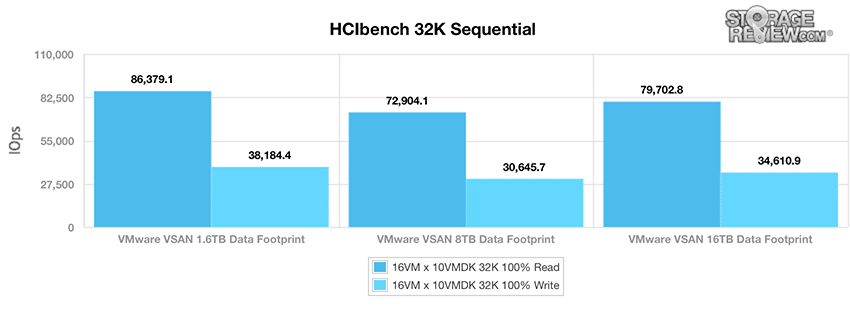VMware has announced that VSAN will now be supporting NVMe devices. To emphasize its importance, VMware indicated Intel has previously demonstrated that clusters can easily scale into the millions of IOPS when leveraging NVMe VSAN. We recently reviewed VMware Virtual SAN, and found it to be a tremendous performer during much of our benchmarks and configurations. With NVMe, those numbers will certainly be compounded.
That being said, NVMe support will benefit businesses that rely on VSAN in some pretty substantial ways. Flash devices that use the traditional AHCI or SCSI technical standard are only able leverage a single command queue that operates at a depth of up to 32 or 254 commands respectively. Though good performance can certainly be measured during the deeper command depths, the biggest advantage that NVMe has over these technologies is its lower latency. It doesn’t need register reads in order to issue a command, whereas AHCI requires four uncachable register reads per command. Additionally, NVMe unlocks 65536 queues and 65536 commands per queue, enabling large parallel access to flash and memory storage devices.
Previously, when new storage or drive interfaces were released, an entirely new disk array needed to be acquired in order leverage the new technology. Now, if you already have servers that support NVMe, all you need to do is install these cards to lower latencies and increase IOPS on your VSAN cluster. VMware also points out that VSAN provides a critical distributed mirroring functionality for NVMe devices, as current RAID controllers do not exist for NVMe devices. Regardless, it is good to see that the company is continuing to improve and further develop the technology.





 Amazon
Amazon